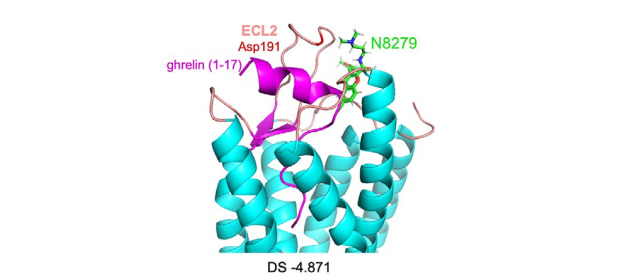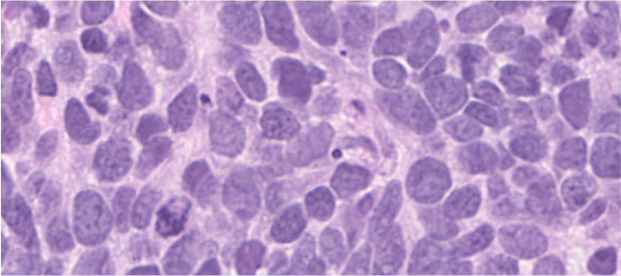Efficiency and Speed
NCATS uses evidence-informed practices and scientific and operational innovations to accelerate translational research.
Building a More Efficient Clinical Trial to Accelerate Therapeutic Answers
Speed. It’s not a word that typically describes the traditional one-drug-at-a-time approach to clinical trials. But in a pandemic, speed is a word that means everything to people who need treatments that work.
Speed has been central to the mission of the Accelerating COVID-19 Therapeutic Interventions and Vaccines (ACTIV) public–private partnership. ACTIV coordinated and accelerated development of the most promising COVID-19 treatments and vaccines.
NCATS and our partners led two ACTIV phase 3 clinical trials of potential COVID-19 treatments: ACTIV-1 and ACTIV-6. The ACTIV-1 Immune Modulators clinical trial evaluated the safety and efficacy of three immune modulator drugs in more than 1,900 hospitalized adults with COVID-19. ACTIV-6 is testing six repurposed prescription and over-the-counter medications in up to 13,500 people. Participants administer the drugs themselves to treat mild to moderate symptoms of COVID-19.
Phase 3 clinical trials can last for up to 48 months. ACTIV-1 and ACTIV-6 delivered evidence-based treatment answers in less than half that time. In both trials, we put translational science tools to work to find evidence-based answers faster than traditional clinical trial approaches.
To accelerate ACTIV-1 and ACTIV-6, we used master protocols. Master protocols let researchers evaluate multiple drugs at the same time within the same clinical trial structure. ACTIV-6’s adaptive platform trial design allowed investigators to use data from ongoing treatment arms to revise the trial in real time, rather than waiting until the end. As a result, researchers could swiftly eliminate drugs that didn’t show effectiveness, quickly identify those that do work, and rapidly bring other potential treatments into the clinical trial. And thanks to a national decentralized recruitment approach that let people join from anywhere in the country, ACTIV-6 met its enrollment goals quickly. Both ACTIV-1 and ACTIV-6 also used electronic participant consent methods developed by the NCATS Trial Innovation Network to speed the enrollment process.
“These collaborative and efficient trial designs streamlined our ability to urgently and robustly test promising therapies for treating people with COVID-19,” said Joni L. Rutter, Ph.D., director of NCATS.
How urgently?
Within 19 months of its start date, ACTIV-1 released topline results showing two of the drugs tested did not significantly shorten time to recovery but did substantially improve clinical status and reduce deaths. The ACTIV-6 trial’s results from five of its study arms — all showing no benefit — were publicly available in preprint within 8–14 months of those arms’ starts.
Learn more about how NCATS accelerates biomedical research through clinical trial innovation.
More Efficiency and Speed Stories
NCATS, Duke Scientists Show Compound’s Novel Effects on Key Brain Chemical in Drug Addiction

Drug Testing Approach Uncovers Effective Combination for Treating Small Cell Lung Cancer




